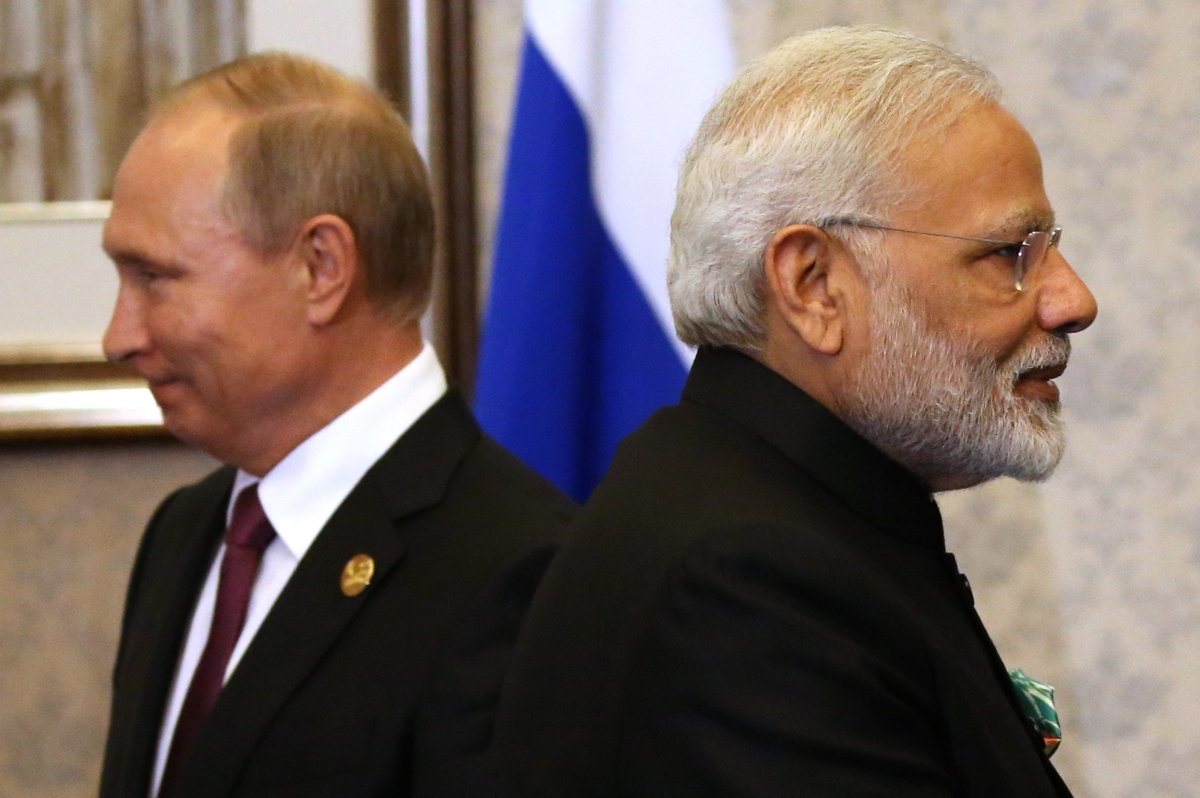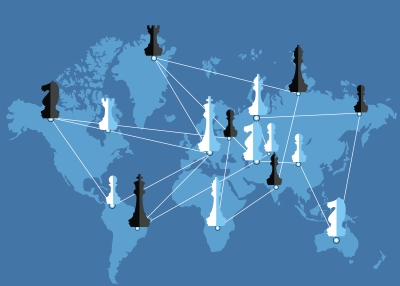ASPI Note: India and the Invasion of Ukraine

March 25th, 2022 by Akhil Bery | 22/16
What’s Happening:
India refused to join in the condemnation of Russia’s invasion of Ukraine and instead abstained from voting at the United Nations. At a time when the United States and other countries are putting pressure on the Russian economy by imposing a wide range of sanctions, India’s purchases of Russian oil are increasing. India’s defense relationship with Russia is in the spotlight, as the U.S. weighs whether to grant India a sanctions waiver for its purchase of the S-400 missile defense system from Russia.
Background:
Despite entreaties from a wide range of partners, India has so far refused to condemn the Russian invasion. This reluctance stems from a number of factors.
- The Indian military needs Russian arms. Indian troops have been locked in a stand-off with Chinese forces on the Line of Actual Control since 2020 (including a deadly clash in June 2020 that resulted in the death of 20 Indian soldiers). It is estimated that about 60-85% of India’s military equipment is estimated to be of Russian origin; New Delhi cannot risk a cut-off of Russian equipment, spare parts, and ammunition given the threat on its borders with China and Pakistan.
- Many in India fear driving Russia closer to India’s two principal adversaries: Pakistan and China, and continuing to engage Russia is necessary to prevent that.
- Furthermore, India is a net-energy importer, importing 85% of its crude oil requirements, and has increased purchases of Russian oil, as Russia has offered oil at a discounted rate to India; the White House has stated that this does not violate current sanctions law, and in the past, India has complied with U.S. sanctions on Iran and Venezuela.
Key Takeaways:
- India‘s discomfort with Russia’s invasion has been conveyed only indirectly through its public statements. India’s disapproval is implicit in its statements after the votes in the UN Security Council and the UN General Assembly, but it refrained from calling out Russia’s actions by name – just as it has avoided referring to China by name in public statements objecting to Chinese actions.
- Prime Minister Narendra Modi has maintained contact with Ukrainian President Volodymyr Zelenskyy and has sent humanitarian aid to Ukraine, while also calling for direct talks between Russia and Ukraine (a key Ukrainian ask), further indicating both India’s unease with Russia’s actions, but also, that India wants to be helpful in its own way.
- India is also irritated with Russia because the invasion has pushed up the price of food and fertilizers (particularly urea), putting pressure on India’s fiscal situation as these are India’s two largest subsidy expenditures.
- India’s decision to increase purchases of Russian oil (Russia only accounts for 0.2% of India’s overall crude oil imports) was made purely because the oil is cheap; India is concerned with the rising price of oil as it is estimated that if it remains at USD 100/barrel, India’s current account deficit could widen to about 2.4% of GDP, inflation would rise, and the rupee would effectively be devalued, dampening India’s nascent economic recovery.
What’s Next:
India is unlikely to condemn Russia and unless sanctions are applied to Russia’s oil and gas sector, is likely to continue purchasing Russian oil and gas at a discounted rate. But India’s ties with Russia seem unlikely to damage ties between India and the U.S. or the other members of the Quad – Australia and Japan. These countries understand India’s relationship with Russia, and India is drawn closer to these countries due to the threat of China.
India’s long-term strategic interests do not align with Russia’s and the relationship has weakened over time. The invasion of Ukraine could accelerate that trend. Much to Russia’s displeasure, India has made a strategic bet on the U.S. in response to the threat from China. Furthermore, sanctions on Russia are accelerating India’s efforts to develop an indigenous defense ecosystem and otherwise reduce its reliance on Russian military equipment.
While India’s current approach differs from its Quad partners and Europe, ultimately, Russia’s invasion of Ukraine may well be the catalyst that causes Indian policymakers to reduce the nation’s historic reliance on Russia, especially as Russia deepens its partnership with China.

